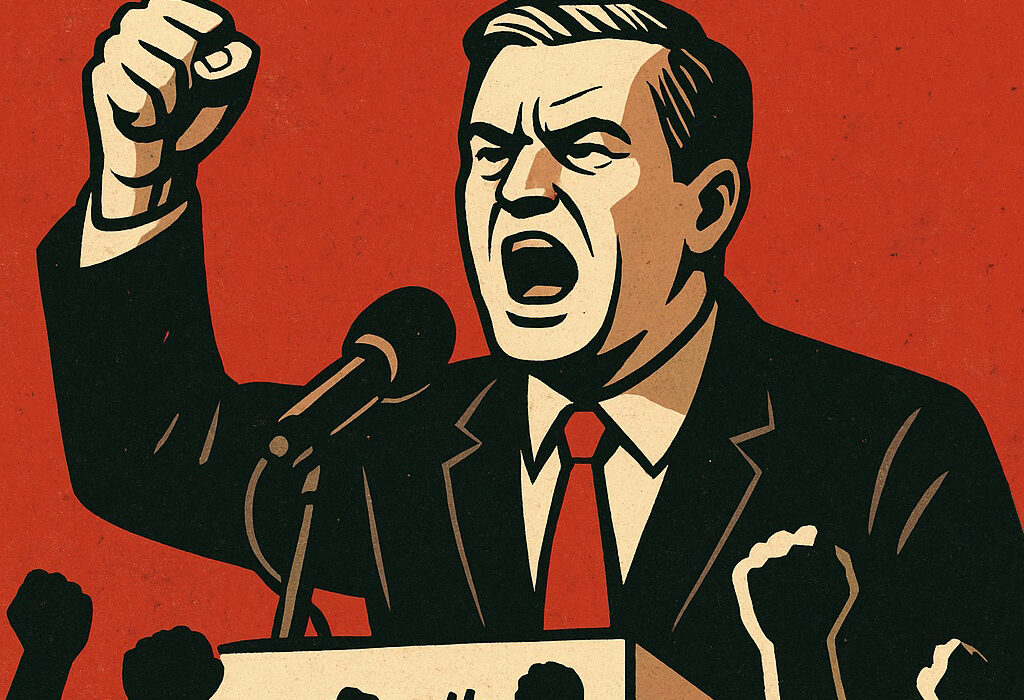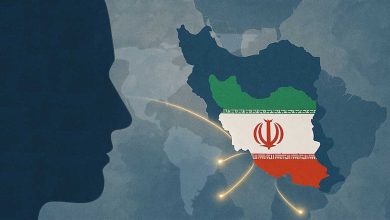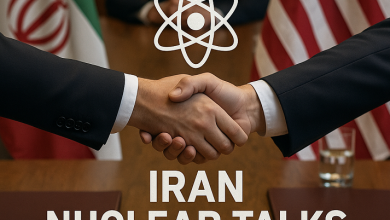Populism and the Impact of Populist Leaders on Domestic and International Politics

Populism, as a political phenomenon, has emerged in various forms across different countries since the late 19th century. Despite the diversity of cultural, economic, and historical contexts, populism exhibits common patterns that distinguish it from other political ideologies. In recent decades, the rise of populist leaders around the world has had wide-ranging effects on both domestic and international levels, sometimes resulting in structural transformations and, at other times, triggering profound political and economic crises.
Populism is not a coherent ideology, but rather a political style or logic centered on the dichotomy between “pure people” and “corrupt elites.” Populist leaders often present themselves as the true embodiment of the popular will, viewing intermediary institutions such as political parties, the media, and the judiciary as obstacles to a direct connection with the people. Key characteristics of populism include:
-
The people/elite dichotomy
-
Charismatic and personalized leadership
-
Emotional appeals and oversimplification of complex issues
-
Deep distrust of traditional institutions
-
Reactionary and crisis-driven governance
Domestic Impacts of Populism
Populist leaders tend to concentrate power in their own hands, weakening or neutralizing democratic institutions such as parliaments, judicial systems, and free media. They often justify undemocratic actions under the guise of popular support, using populist rhetoric to legitimize their authority.
In many cases, populist governments impose restrictions on media freedom, free speech, protests, and opposition activities, leading to forms of soft or even hard authoritarianism. Countries like Turkey and Hungary exemplify this trajectory.
It is crucial to note that populist decision-making is rarely based on economic rationality or empirical evidence. Rather, it is aimed at gaining short-term popularity. These policies often fail in the long run and result in economic and social instability.
Moreover, in their efforts to maintain power, populist leaders often deepen social, ethnic, religious, or class divisions. This intentional polarization undermines national cohesion and fuels social unrest and violence.
International Consequences of Populism
In foreign policy, populist leaders often prioritize domestic political gain over strategic international engagement. Nationalist or anti-globalist slogans can lead to the withdrawal from international agreements, the weakening of multilateral cooperation, and a turn toward isolationism—as seen in the U.S. exit from the Paris Climate Accord during the Trump administration.
In populist systems, international relations are frequently shaped by personal ties between leaders rather than long-term national interests. This personalization can lead to volatility and unpredictability in foreign policy.
Populist leaders often show little regard for international norms and seek to distance themselves from global commitments under the banner of “absolute national sovereignty.” This approach fosters mistrust and increases global tensions.
The Long-Term Damage of Populism
Unscientific and populist economic policies—often driven by unsustainable resource distribution—tend to produce inflation, reduce investment, trigger capital flight, and lead to financial crises, ultimately causing long-term economic instability. Additionally, the antagonism toward intellectuals, academics, and critics leads to brain drain and the erosion of social and human capital.
When populist leaders delegitimize legal institutions and make unrealistic promises, the post-populist society often faces a deep crisis of trust. Rebuilding this trust may take years. Moreover, the fall of populist regimes frequently paves the way for more extreme movements, as institutional safeguards have often already been dismantled.
While populism may respond to certain psychological or economic needs in the short term, it undermines democratic structures, civil institutions, and the integrity of rational policymaking over time. By distorting the meanings of “the people” and “national will,” populist leaders position themselves as the guardians of the nation while draining politics of its substantive content.
Conclusion: Confronting Populism as a Moral and Political Imperative
Addressing populism is not merely a political task—it is a moral and historical necessity for preserving the sustainability of societies. Solutions such as strengthening public education, improving institutional transparency, supporting independent media, and reforming inefficient governance structures can serve as effective responses to the rise of populist waves






